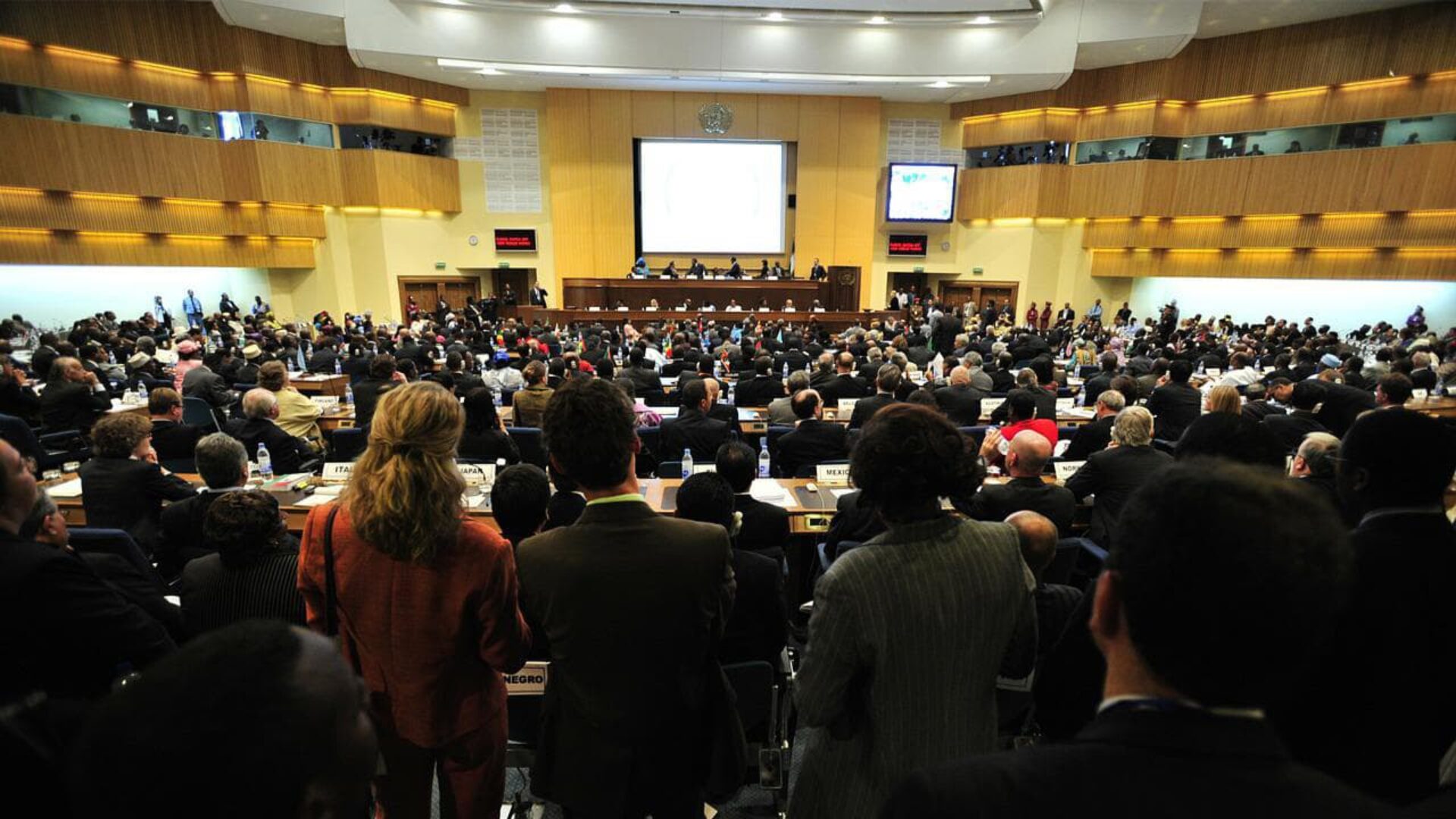Make a forecast of the event’s income: how many tickets you need to sell, how many you can actually sell, what price you need to set to cover expenses and at the same time not to scare away guests. Take into account your plans to reduce your own expenses by attracting partners and sponsors.
Do not underestimate the cost of the conference in order to broaden the reach of the potential audience. When organizing an event, it’s not just the number of guests that matters, but also the quality of guests. The price demonstrates the value of the event to the business audience and cuts off the non-target audience of students and freeloaders.
Pricing begs the question of whether to discount tickets, and if so, for whom specifically? In some cases, a discount may prove to be an incentive to buy. But that only works in two cases:
The discount should be as personalized as possible;
Receiving a discount involves taking some sort of action: simple for the user, but useful for the organizer. For example, it can be a repost of the conference announcement in one or several social networks.
Encourage early registration. This will help you accumulate finances in advance, which will go to pay contractors in the process of organizing. Early registration implies that if you buy your ticket before a certain date, the price tag will be lower. Typically, early registration closes one or two weeks before the event.
Don’t replay the rules, even if sales are completely up after early registration ends. Incentivize further sales with promo codes in ads or game mechanics for social media in a “discount for reposting” format.
